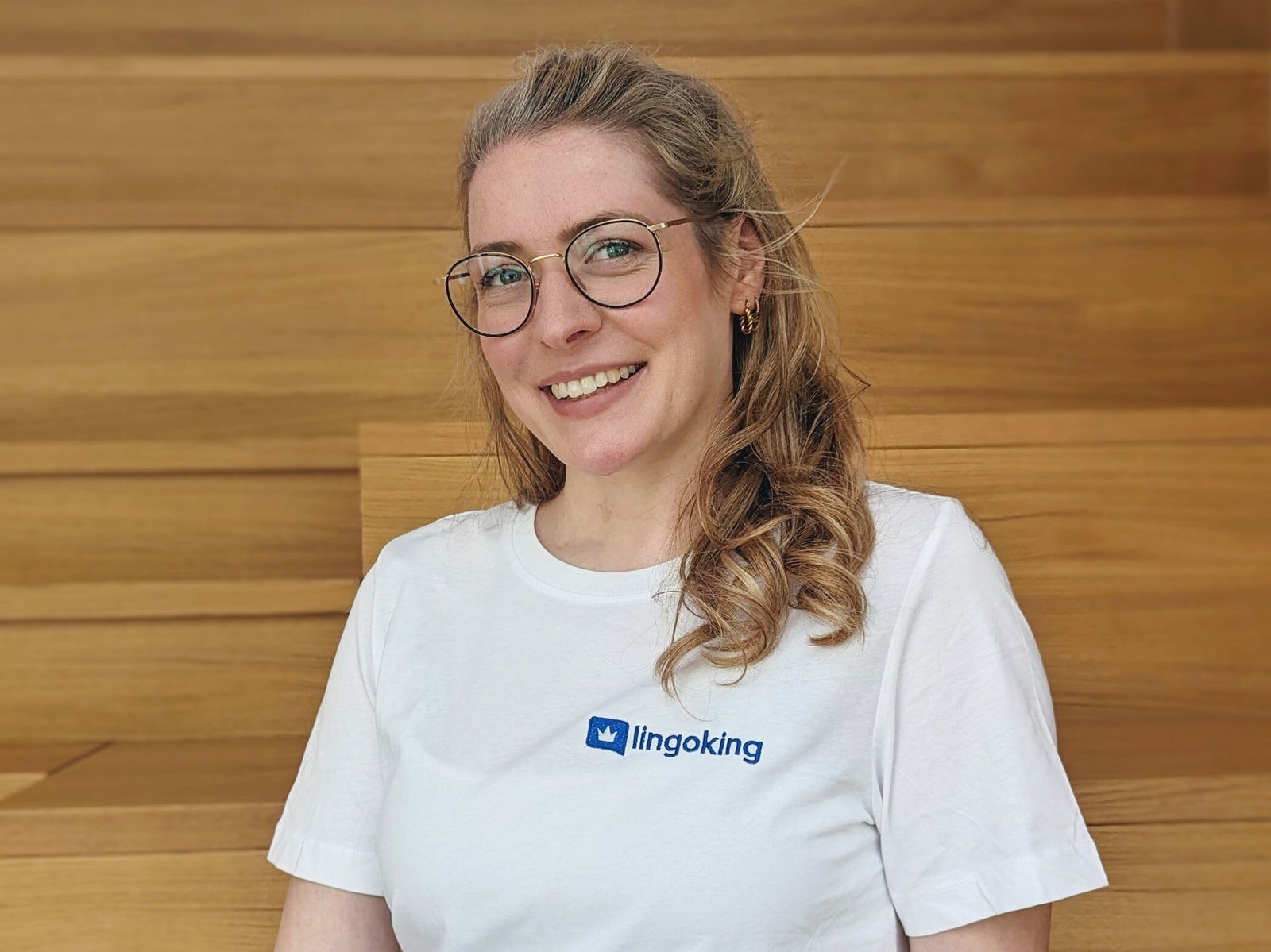
The fast-track procedure for skilled workers
The fast-track procedure for skilled workers is intended to integrate skilled workers from third countries into the labour market in Germany more quickly. This is particularly important as, according to experts, Germany could have a shortage of around five million workers by 2060. In Bavaria, good results were achieved with the fast-track procedure after centralising the process a year ago. Companies now have one central point of contact, which makes the process easier for employers.
But how does the procedure work and for which skilled workers is this a solution? Find out more in this article.
Fast-track procedure for skilled workers: What is it?
With the fast-track procedure for skilled workers, people from third countries can have their qualifications recognised more quickly in Germany, allowing them to work or start their education in Germany more quickly. If training cannot be fully recognised in Germany, these skilled workers can take part in a qualification measure in Germany to get the missing qualifications. Unlike the regular recognition of foreign degrees, the fast-track procedure is initiated by the skilled workers’ future employers. This means the skilled worker must first find a job in Germany and have a binding commitment.
However, there are other ways for skilled workers to come to Germany. With the opportunity card, for example, skilled workers can first come to Germany and have a year to find a job here.
Requirements
First, the person who wants to come to Germany must be from a third country (non-EU country) and be considered a skilled worker.
Another requirement is an employment or training contract between the immigrant and an employer in Germany. The employer can then apply for the fast-track recognition procedure.
For educational or qualification programmes, proof of German language skills must also be provided of at least the following level:
- Qualification programme: A2
- Qualification programme for healthcare professions: B1
- Trainees (at least two years of vocational training): B1
- Trainees (less than two years of vocational training): A2
A person with vocational training or a university degree recognised in Germany is considered a skilled worker. Vocational training can be recognised if the training takes at least two years in Germany.
Documents needed
Depending on whether the person comes to Germany for education, a qualification programme, a nursing profession or another job, there will be different documents required. You may also need to have some documents translated and notarised. Some federal states, such as Bavaria, provide checklists that you can use as a guide.
The following documents are required in general:
- Passport
- A certificate of name change, if applicable (German translation required)
- Possibly a certificate of name change (German translation required)
- Power of attorney (Here is a template from Make it in Germany)
The following documents are required for the specific professions:
Education and qualification:
- Training contract
- Proof of language skills
- Proof of sufficient financial means to secure your livelihood
Nursing and medical professions:
- Declaration of an employment relationship
- Degrees and certificates (German translation required)
Other jobs:
- Overview of subjects (German translation required)
- Degrees and certificates (German translation required)
- Declaration of an employment relationship
- CV in German
- Proof of relevant professional experience (German translation required)
- Other certificates of qualifications (German translation required)
Process of procedure for skilled workers
As a skilled worker, look for a job first. Speak to your employer about whether an accelerated recognition procedure can be initiated. The decision will most likely be made by the employer, as the procedure is associated with costs that must also be borne by the respective employer. You are an employer and want to hire a skilled worker from a third country as soon as possible? Then please see the following steps.
Steps for the employer:
1. Consultation at a competent foreigners’ authority: As an employer, you should first attend a consultation at your competent foreigners' authority. In order to do so, you may contact the responsible foreigners' authority in your federal state. Ideally, you will be able to find out which documents you need specifically for the respective specialist area and the country of origin of your skilled worker.
2. Power of attorney and other documents: Have your skilled worker authorise you to initiate the fast-track procedure and have a coloured copy of your skilled worker’s passport and the required documents ready.
3. Agreement between employer and foreigners authority: Once you have all the documents ready, you can start the procedure with your foreigners’ authority. Once the authority has reviewed your documents, you will reach an agreement with them regarding your obligations as an employer and the employee’s and authorities’ duties.
4. Recognition of foreign qualifications: The foreigners’ authority forwards the documents for recognition to the relevant authorities. They now have two months to process the application and make a decision.
Federal Employment Agency approval procedure: Once the professional qualification has been recognised, the Federal Employment Agency needs to approve it within one week.
Steps for the skilled worker:
5. Visa application by the skilled worker: With this preliminary approval, you will receive an accelerated appointment at the diplomatic mission in your country of origin within three weeks. A decision on your application will be made within three weeks after.
6. Welcome to Germany: If your visa application is approved, you will be welcomed to Germany. You may enter the country!
Duration of process
The process takes about two months. However, processing times may be longer in August and September, as there could be a higher number of applications due to the start of training in October. Please calculate with a time buffer during these months.
Costs of fast-track procedure for skilled workers
You can expect the following costs for the accelerated procedure for skilled workers:
Translation and certification of documents: Depending on the agreement, the costs are borne by the employer or the skilled worker or the costs are shared. Select the required translations here and calculate your price.
Employer: A fee of 411 euros will be charged to the employer once the agreement has been concluded with the foreigners' authority. Additional costs may also be incurred by other authorities during the examination procedure.
Skilled worker: The skilled worker bears the costs for the visa application of 75 euros.
The individual costs for relocation and entry are also either borne by the skilled worker, or the employer contributes to this sum.
Translation of documents
Have your documents translated by our professional sworn translators. In Germany official documents need to be translated and certified. Only sworn translators are authorised in Germany to certify translations. Thus we guarantee that our certified translations are officially recognised by German authorities.
More information on living and working in Germany
About the author
Katharina Weckend, Content & SEO Manager
Katharina joined lingoking as a Content and SEO Manager in 2024. She handles our content and SEO strategy and writes texts for our website, guide and other lingoking media. “I am happy I get to pass on knowledge in our lingoking guide and help break down language barriers.”



